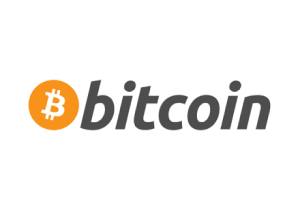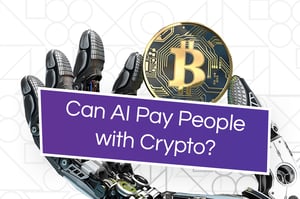
Bitcoin
Short Name: BTC
About Bitcoin
Bitcoin (BTC) is the original cryptocurrency, which set the entire industry into motion. It was released as open-source software in 2009 by a pseudonymous author, Satoshi Nakamoto. It ushered a new era of decentralized finance and has since asserted itself as the top performing asset of the decade. It has challenged societal notions of money, weathered countless condemnation campaigns from the media, and earned itself the title “digital gold”.
Bitcoin famously brought distributed ledger technology, blockchain, into the fray. The primary appeal underpinning blockchain, and forthcoming altcoins in this overview, is that no central authority or server verifies transactions. Instead, blockchain validation procedures enable the legitimacy of payments to be verified by participants in the decentralized network itself. Miners are the participants in the blockchain and are fundamentally responsible for validating transactions.
Bitcoin (BTC) is the original cryptocurrency, which set the entire industry into motion. It was released as open-source software in 2009 by a pseudonymous author, Satoshi Nakamoto. It ushered a new era of decentralized finance and has since asserted itself as the top performing asset of the decade. It has challenged societal notions of money, weathered countless condemnation campaigns from the media, and earned itself the title “digital gold”.
Bitcoin famously brought distributed ledger technology, blockchain, into the fray. The primary appeal underpinning blockchain, and forthcoming altcoins in this overview, is that no central authority or server verifies transactions. Instead, blockchain validation procedures enable the legitimacy of payments to be verified by participants in the decentralized network itself. Miners are the participants in the blockchain and are fundamentally responsible for validating transactions.
Key Features
Blockchain: Foundational technology

Worldwide peer-to-peer payments

Transparent

Solves double spending problem



